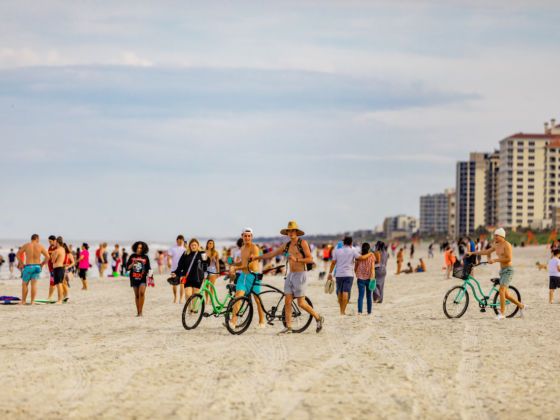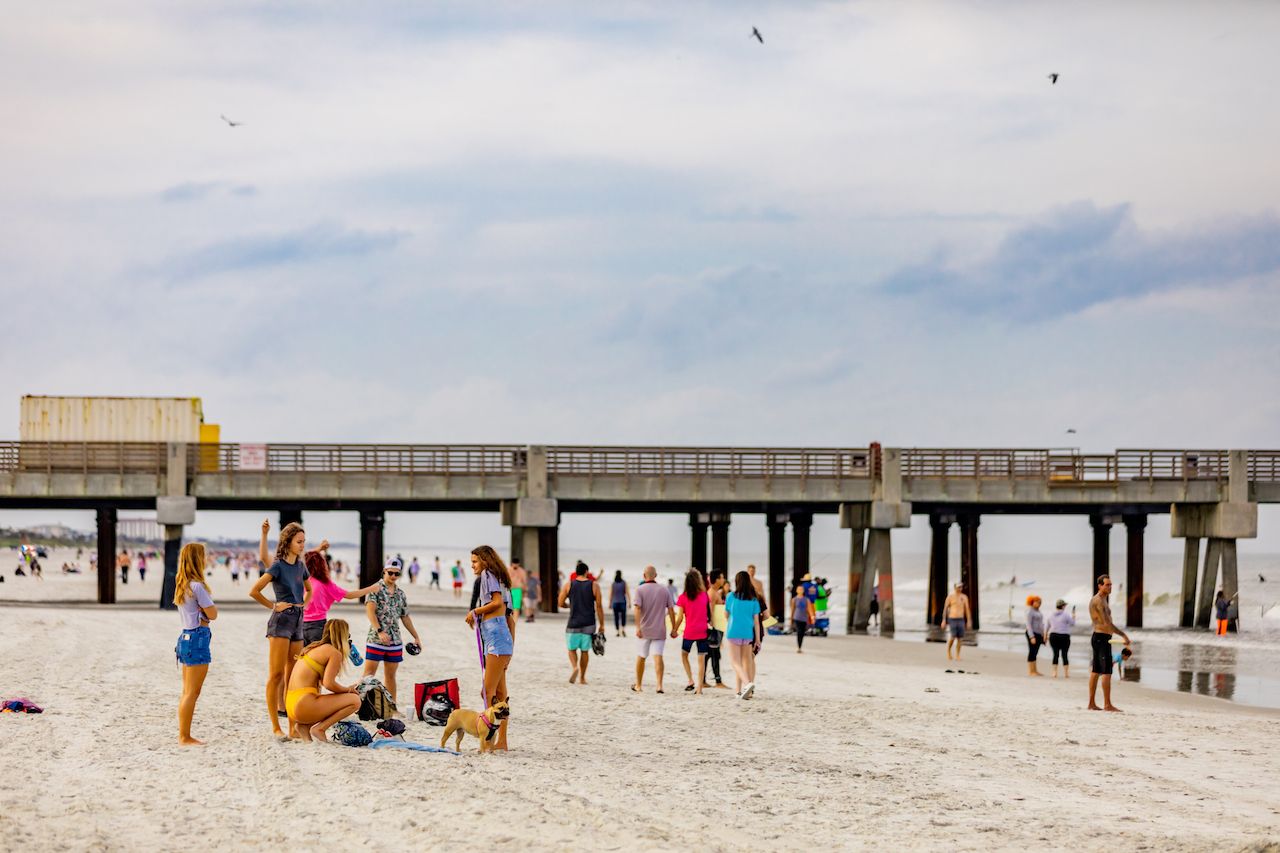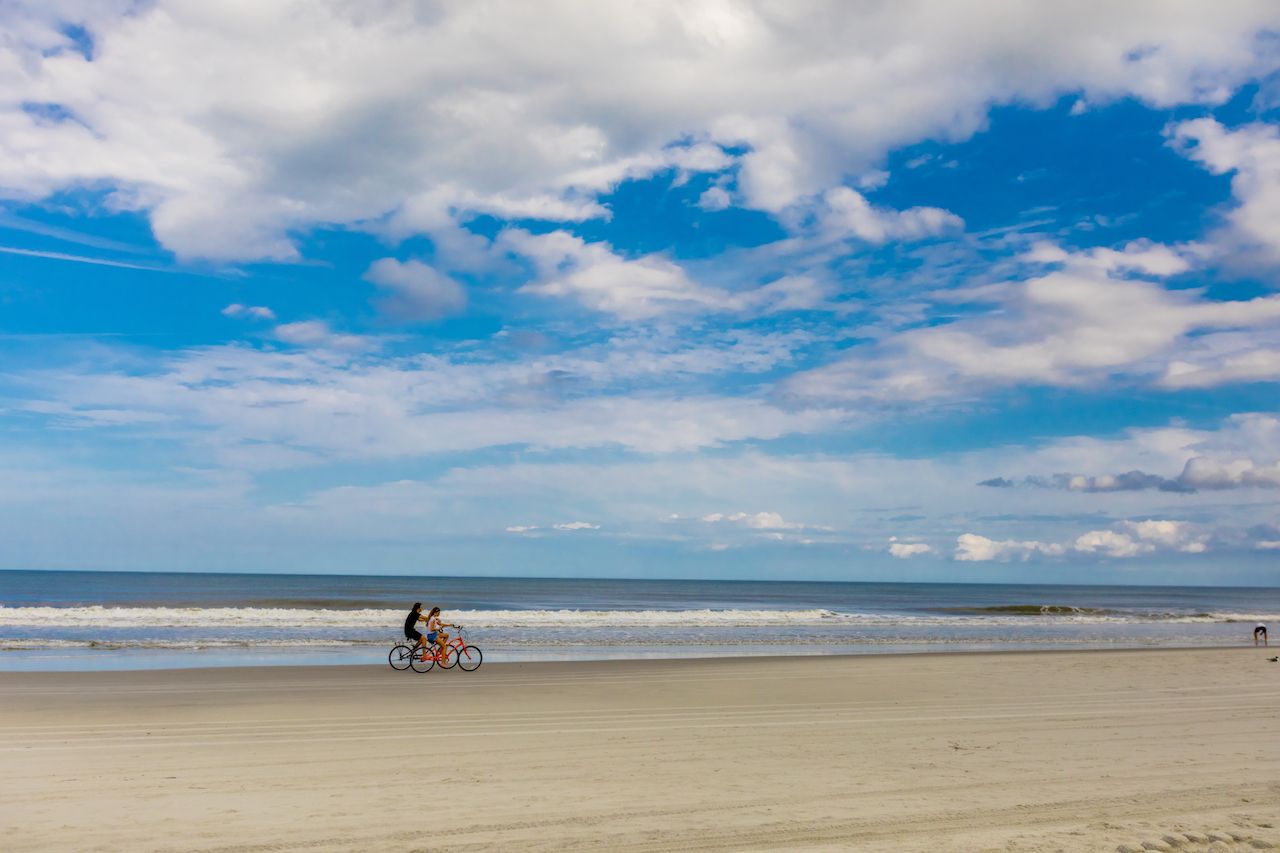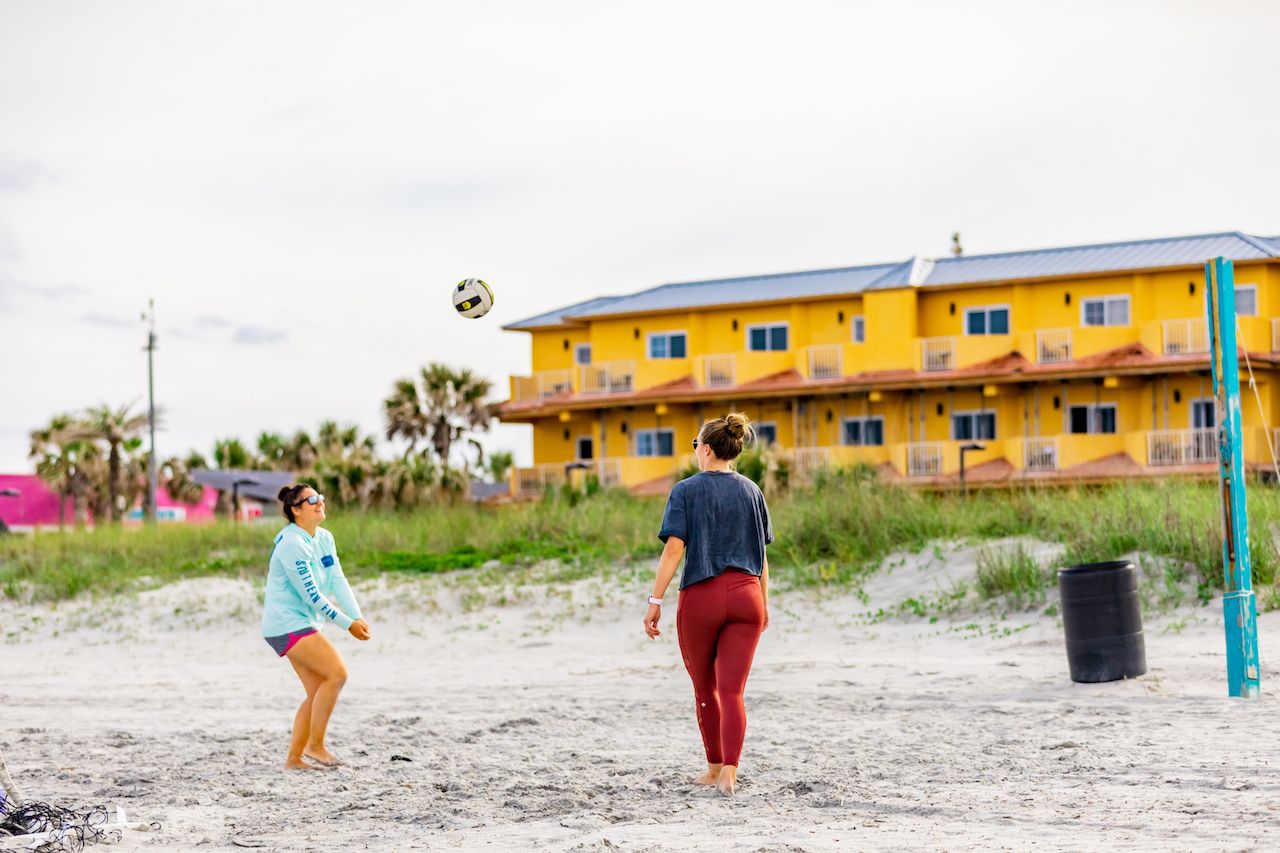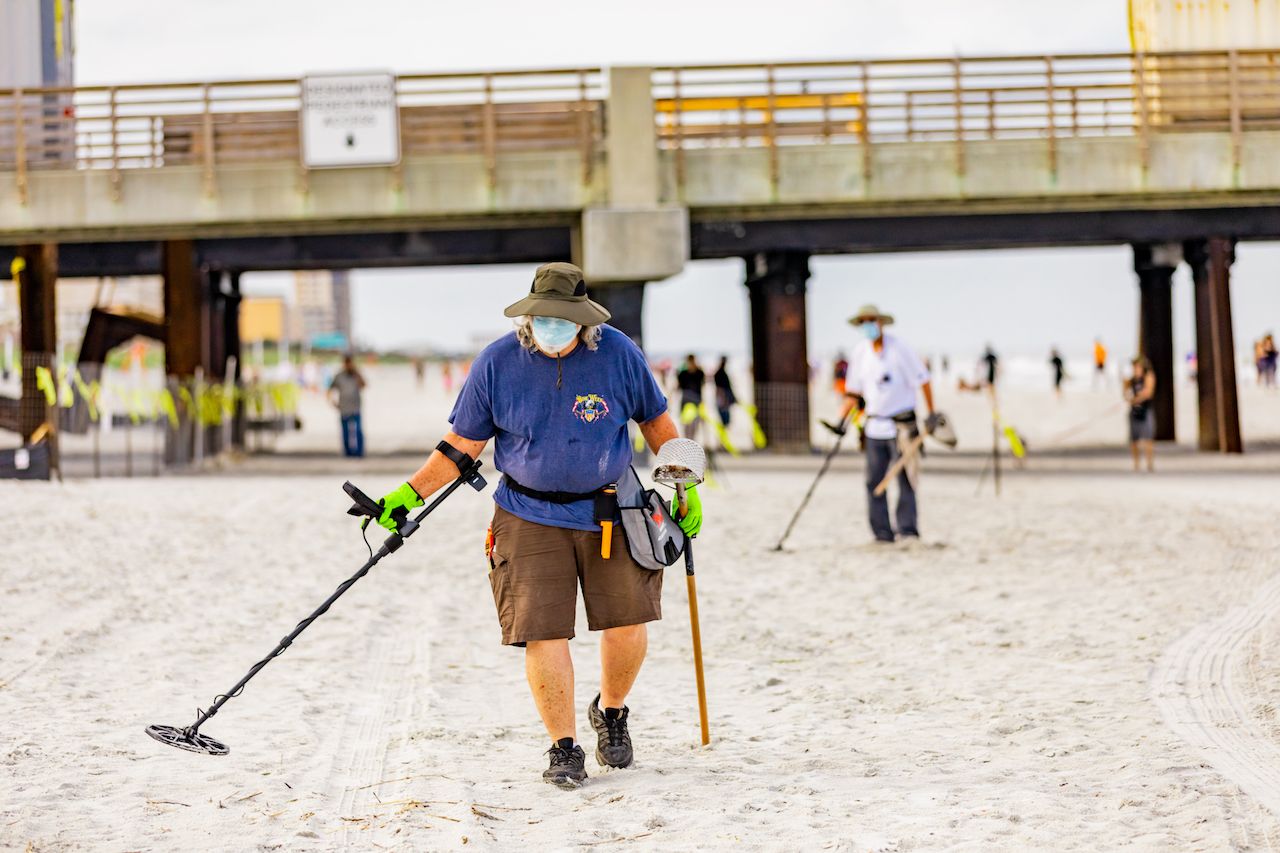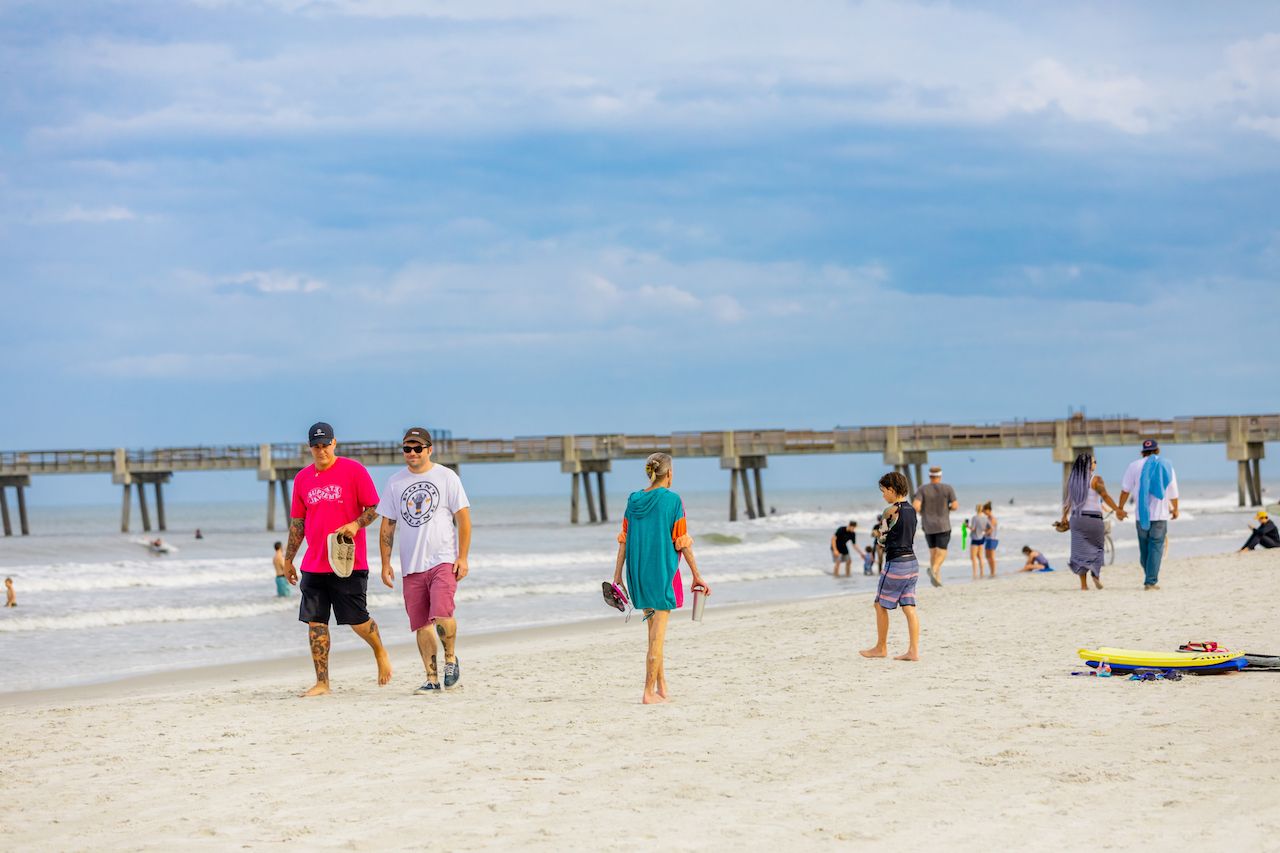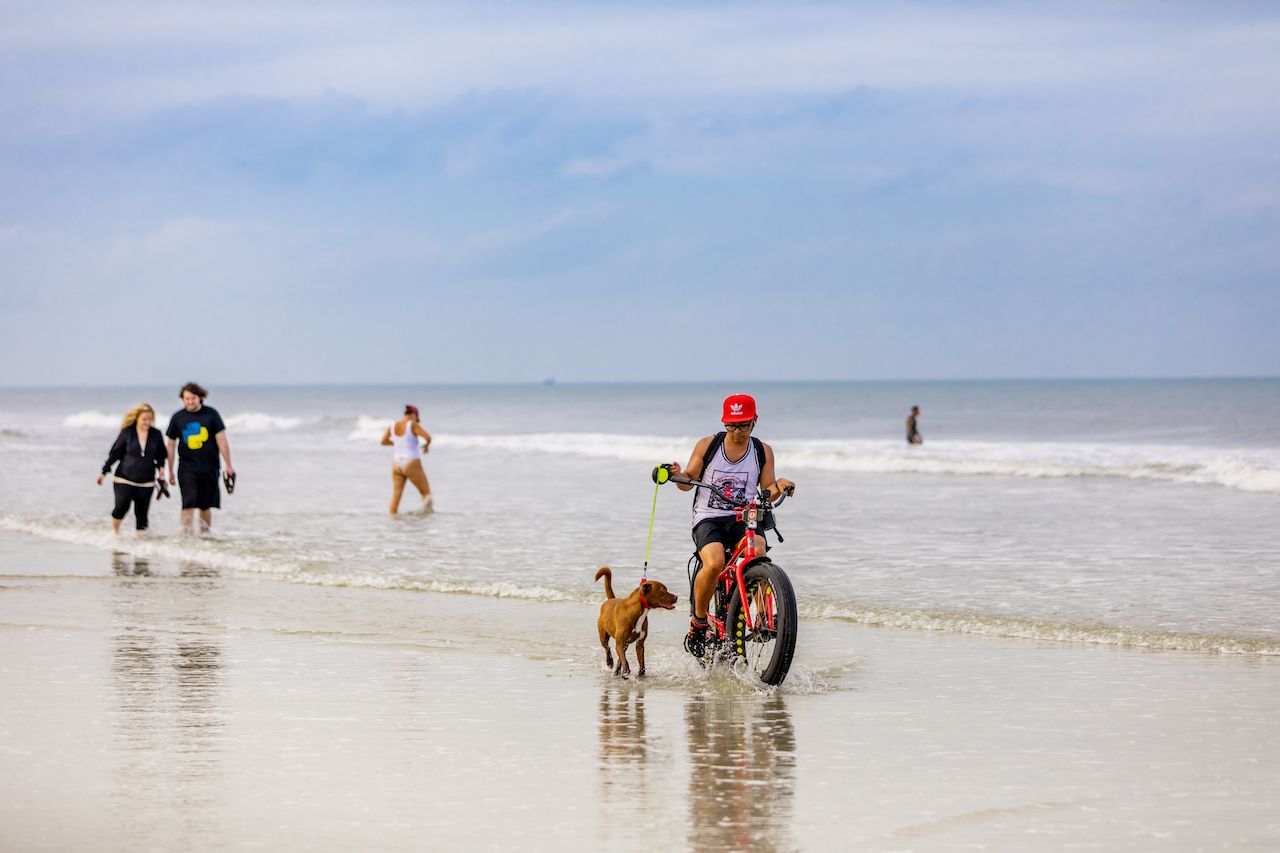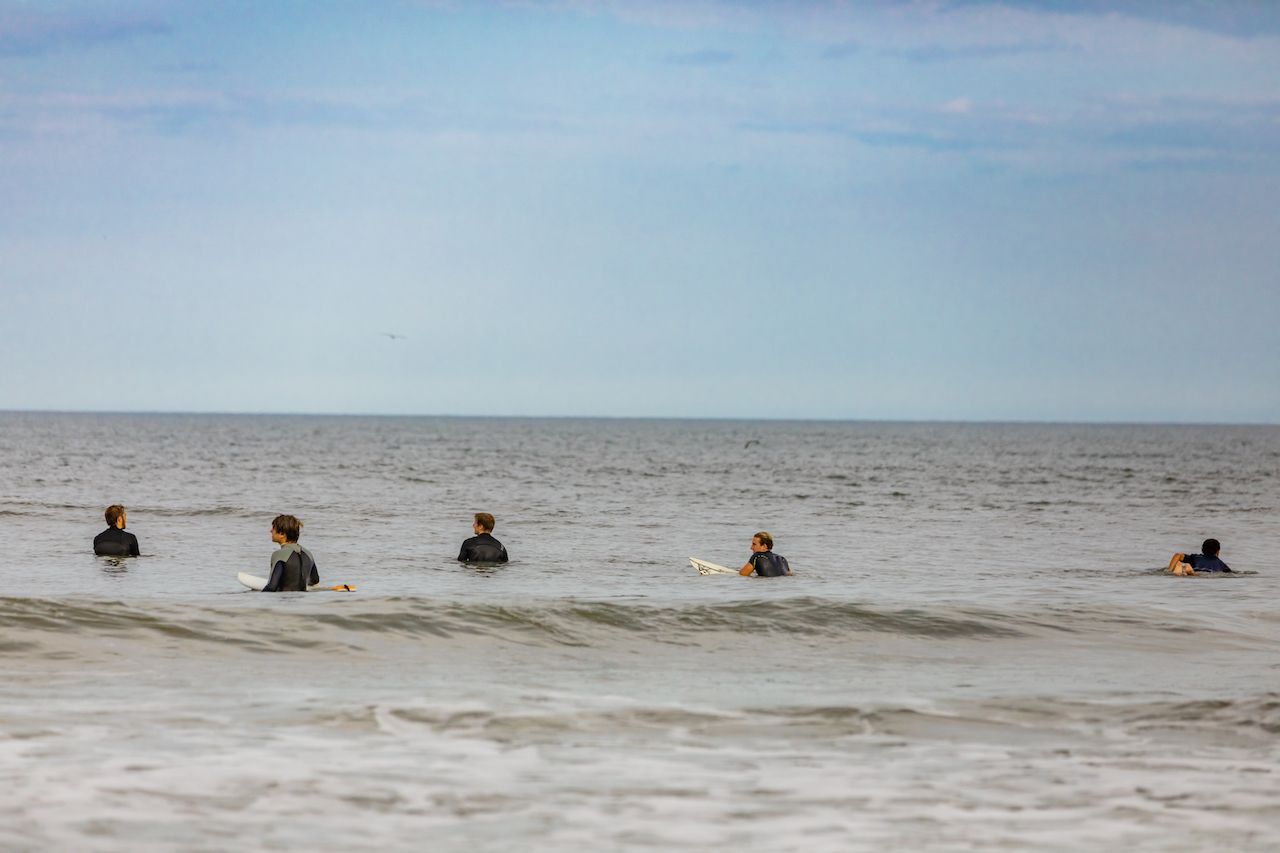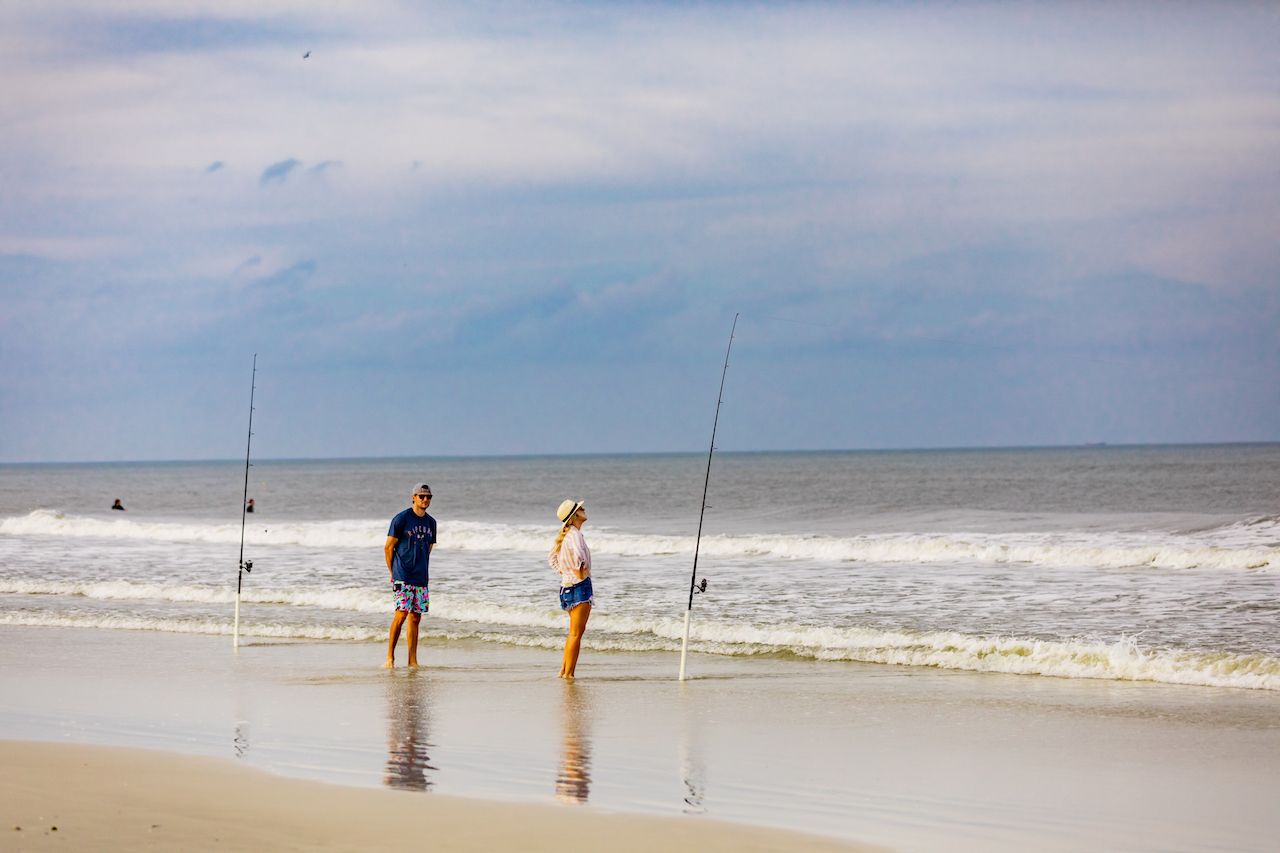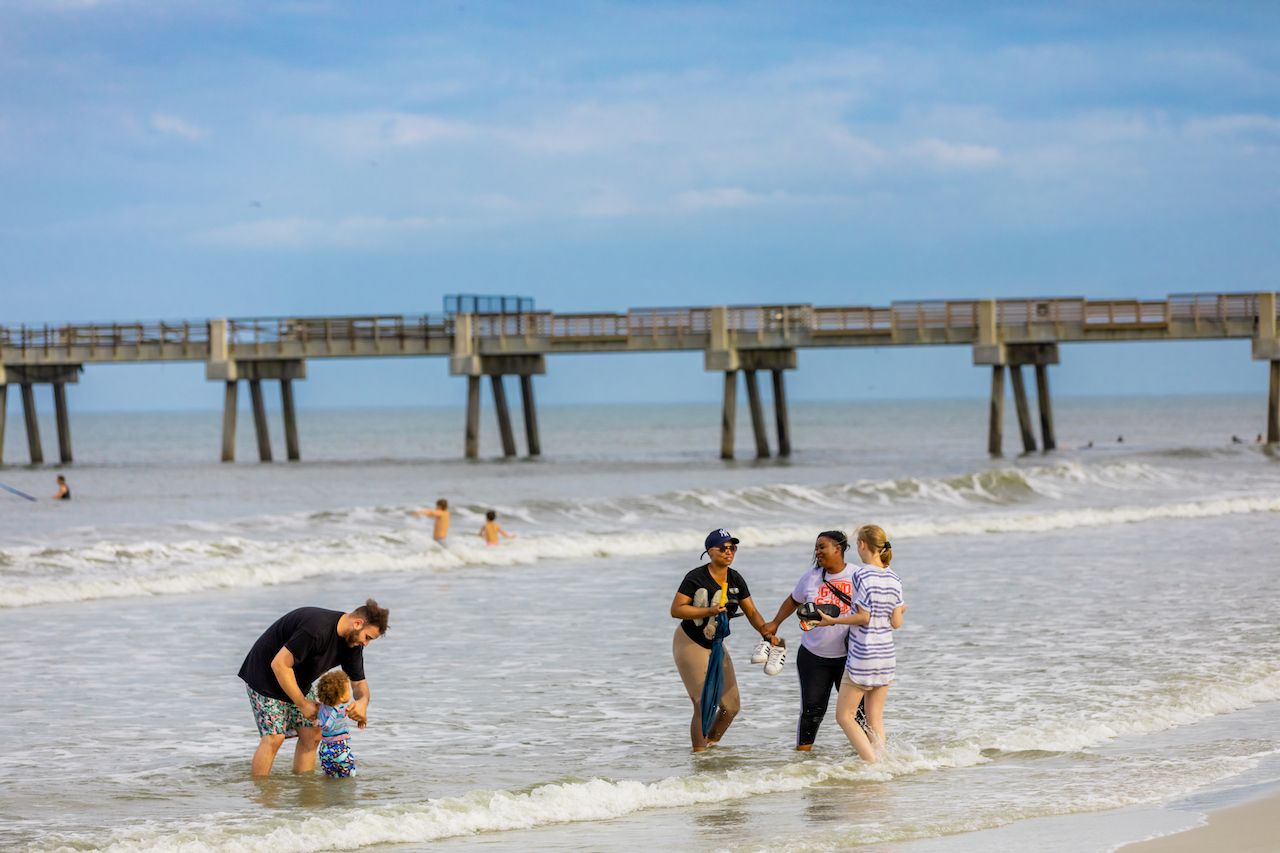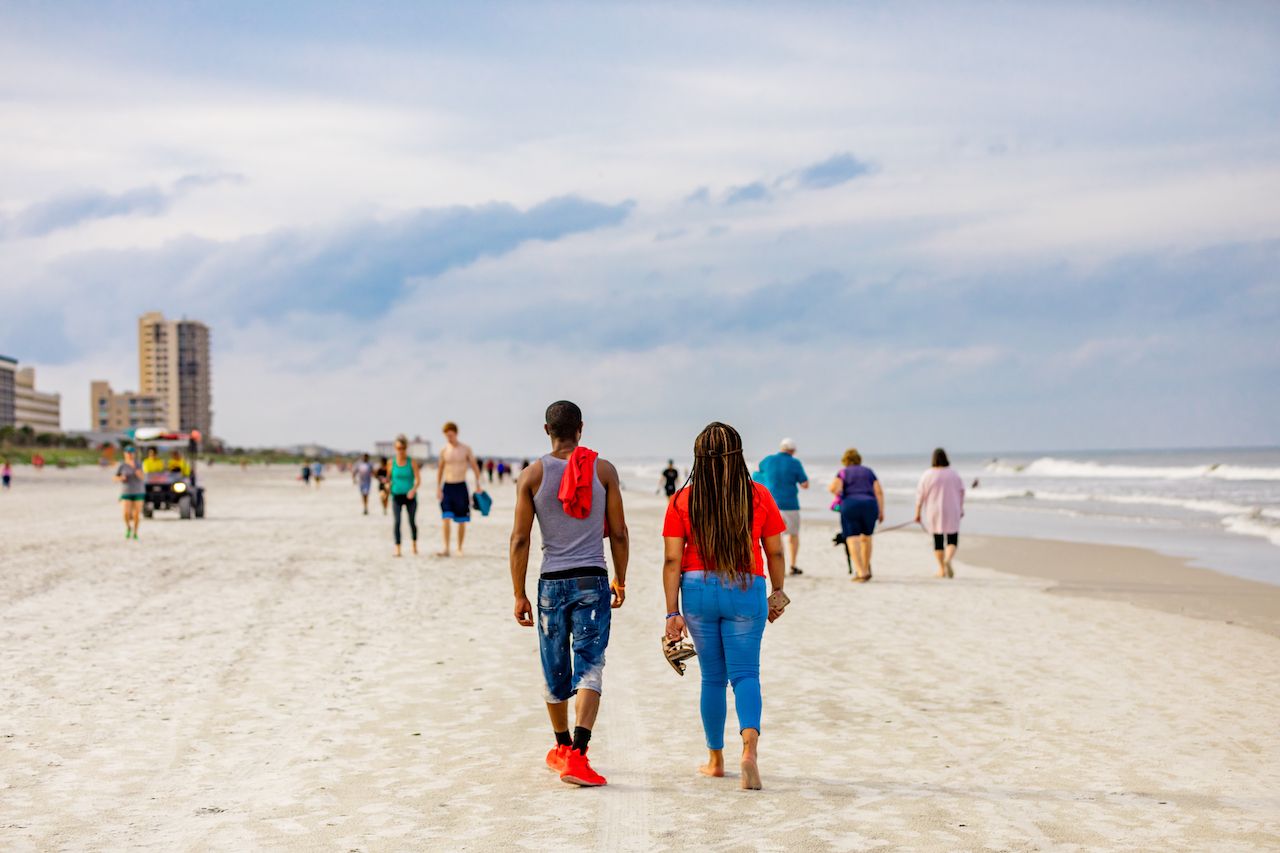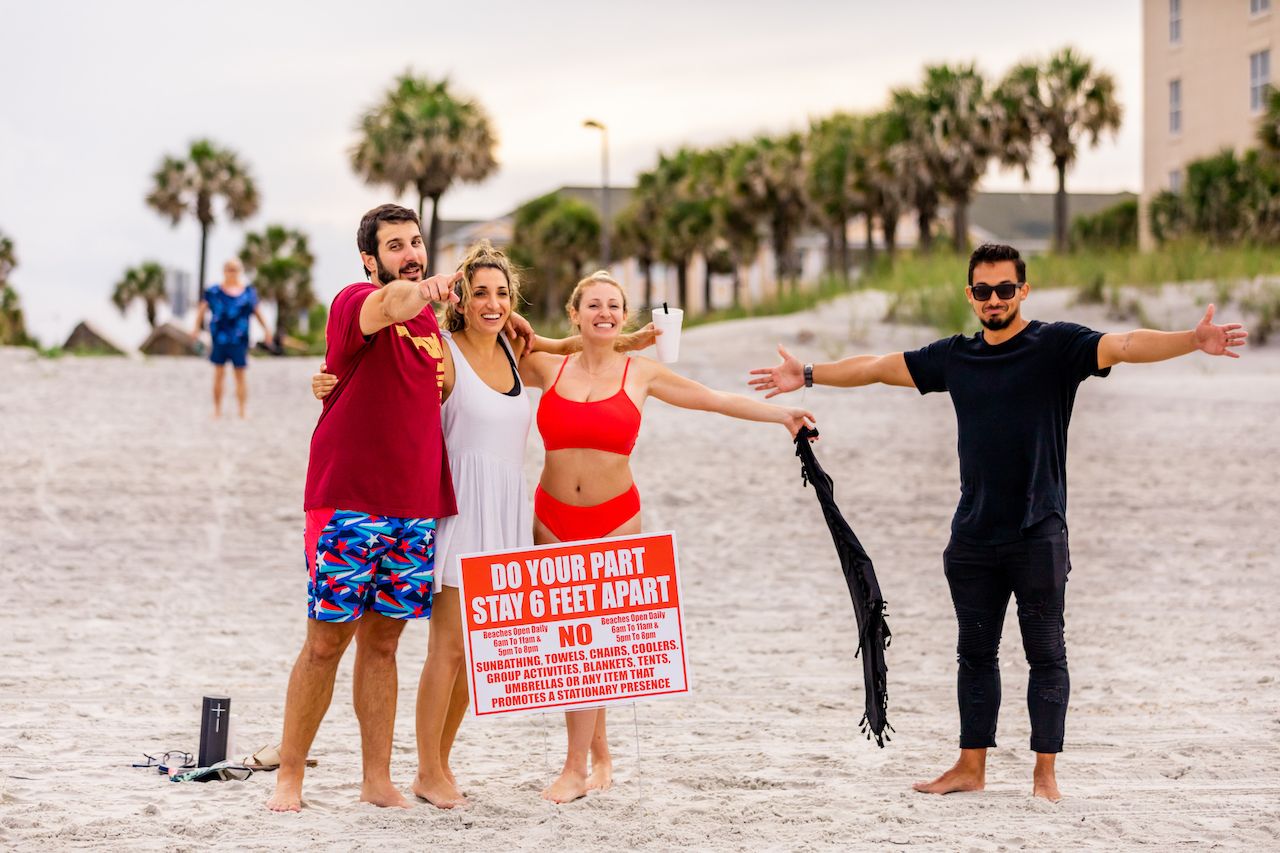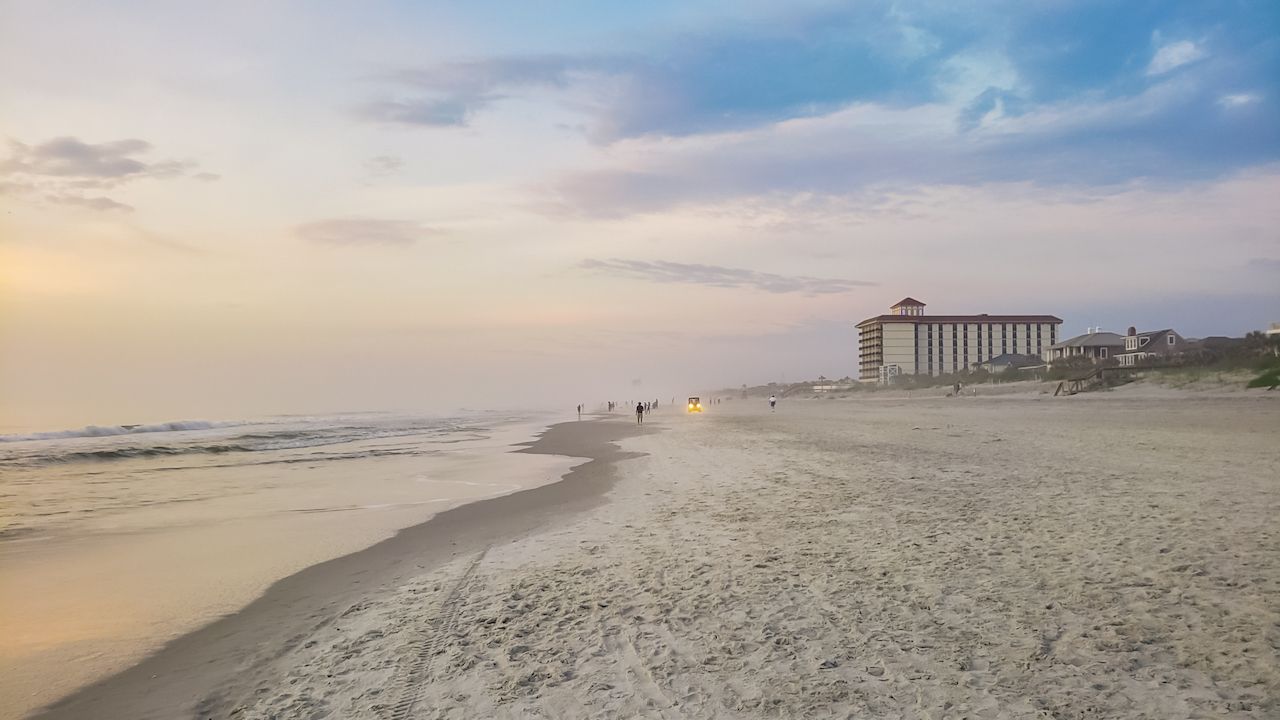If anyone was going to take the national shaming stick for opening up too early, it might as well be Florida.
We’re used to being the United States’ poster child of stupid, the big, dangling punchline at the end of the country everyone uses to make their states feel smarter. It’s okay. We’re used to it. Bad judgment is as much a part of our identities as suntans.
